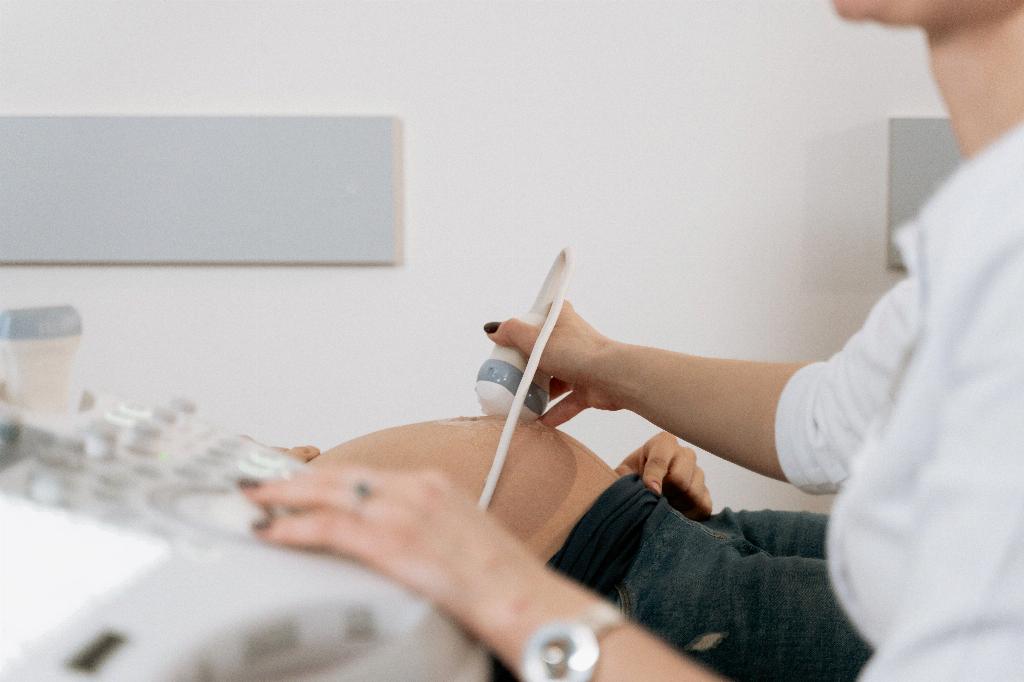When it comes to traveling internationally during pregnancy, there are various factors to consider in order to prioritize the health and safety of both the mother and the baby. One of the most crucial considerations is how many months pregnant a woman can be before embarking on an international journey by air.
Air travel during pregnancy is generally safe for women with uncomplicated pregnancies, but there are restrictions in place to ensure the well-being of the expectant mother and the baby. Most commercial airlines have policies in place that specify the maximum number of weeks of pregnancy allowed for travel.
For most airlines, pregnant travelers are usually accepted up to 36 weeks of pregnancy if it is a single pregnancy, while the cutoff is around 32 weeks for those carrying a multiple pregnancy. This differentiation is crucial because the likelihood of going into labor increases significantly after 37 weeks, or around 32 weeks for those with uncomplicated twin pregnancies.
Given that international travel can sometimes involve long flights and extended periods of sitting, it’s essential for pregnant women to consult with their healthcare provider before making any travel plans. The varying cabin pressures, potential for turbulence, and limited access to medical facilities mid-air are all factors that should be taken into account.
While many pregnant women can safely fly during their second trimester when they are past the riskiest period and typically feel more comfortable than in the first trimester, it’s still vital to get clearance from a healthcare provider. The second trimester is generally considered the safest time for travel, as morning sickness has usually subsided, and the risk of miscarriage is lower.
However, as the pregnancy progresses into the third trimester, there may be more restrictions in place due to the increased likelihood of complications occurring closer to the due date. Airlines may require a medical certificate to confirm that the pregnancy is progressing without any issues and that the passenger is fit to travel.
It’s crucial to note that individual airlines may have specific policies regarding pregnant travelers, so it’s essential for expectant mothers to familiarize themselves with the guidelines of the airline they plan to fly with. Some airlines may require a medical certificate from a healthcare provider, while others may have stricter restrictions based on the number of weeks pregnant a passenger is.
Pregnant travelers should also consider the destination they are traveling to and whether there are any health risks or restrictions in place due to local conditions. Certain regions may have specific health concerns that pregnant women need to be aware of, such as the risk of Zika virus or other infectious diseases.
Ultimately, the decision to travel internationally while pregnant should be carefully considered based on individual circumstances and the advice of a healthcare provider. While it is generally safe to travel during pregnancy, taking precautions and being aware of the airline policies and travel restrictions can help ensure a smoother and more comfortable journey for both the mother and the baby.
In conclusion, while there are limitations on how many months pregnant a woman can travel internationally, it is possible to do so safely with proper planning and consultation with a healthcare provider. By being informed about the guidelines of airlines, considering the stage of pregnancy, and being aware of potential risks at the destination, pregnant travelers can enjoy a stress-free journey while ensuring their well-being and that of their baby.

